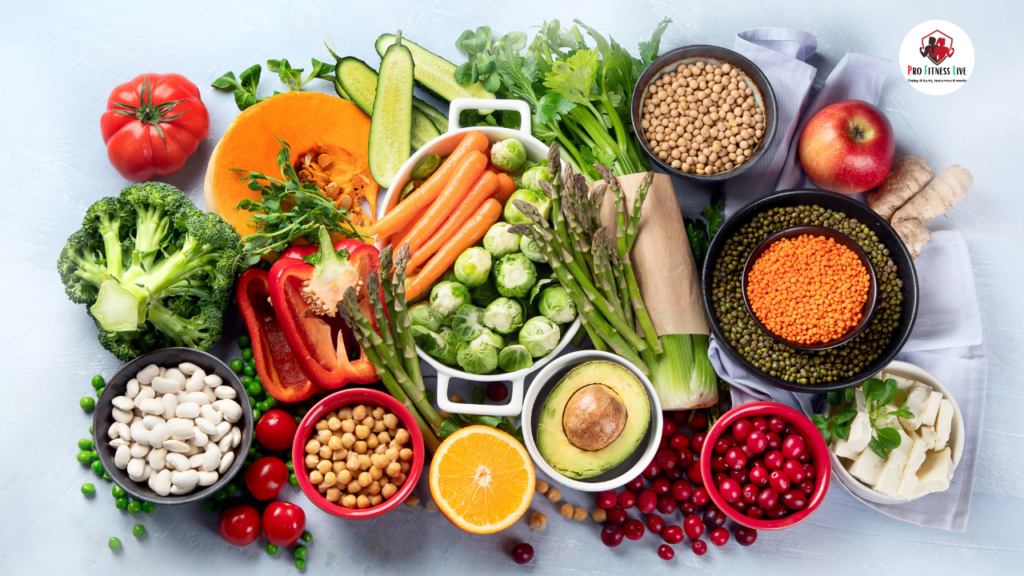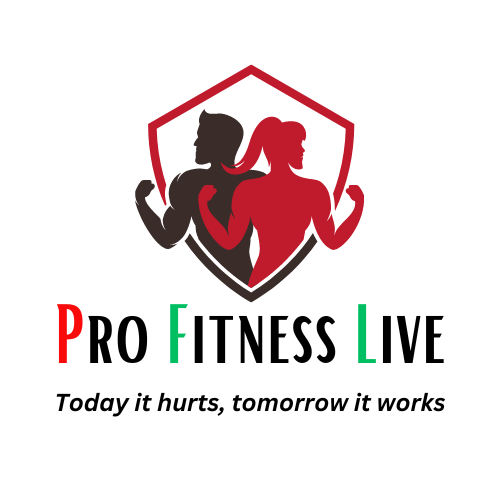Nourishing Your Body and Mind: The Art of a Balanced Diet
In a world inundated with fad diets and conflicting nutritional advice, it’s easy to feel overwhelmed when it comes to making choices about what to eat. However, at its core, a healthy diet is not about deprivation or restriction, but about nourishing your body and mind with the right nutrients. In this article, we’ll explore the fundamentals of a balanced diet, its crucial components, and how it can contribute to your overall well-being.
Understanding the Basics
A balanced diet encompasses a variety of nutrient-rich foods from all food groups. This includes fruits, vegetables, whole grains, lean proteins, and healthy fats. Striking the right balance ensures that your body receives a spectrum of essential vitamins, minerals, fiber, and macronutrients like carbohydrates, proteins, and fats.
The Power of Whole Foods

Whole foods, in their natural, unprocessed state, form the cornerstone of a healthy diet. Fruits and vegetables, for instance, are packed with vitamins, minerals, and antioxidants that support various bodily functions. Whole grains like brown rice, quinoa, and whole wheat provide sustained energy and are rich in fiber, aiding digestion and promoting a feeling of fullness.
Proteins for Growth and Repair
Proteins are vital for the growth and repair of tissues, enzymes, hormones, and immune function. Lean sources like poultry, fish, legumes, and plant-based options like tofu and tempeh are excellent choices. They not only provide protein but also offer a range of other essential nutrients.
Healthy Fats: Quality Matters

Fats are often misunderstood, but they play a crucial role in maintaining cell structure, absorbing certain vitamins, and supporting brain health. Opt for sources like avocados, nuts, seeds, and olive oil, and limit saturated and trans fats found in processed and fried foods.
Mindful Eating and Portion Control
Beyond the types of foods you choose, how you eat is equally important. Practicing mindful eating involves paying attention to your body’s hunger and fullness cues. This allows you to enjoy your meals more fully and prevent overeating. Portion control is another essential aspect. Even nutritious foods can contribute to weight gain if consumed in excessive quantities.
Hydration: The Forgotten Hero

Water is often overlooked, yet it is arguably the most important nutrient. It aids in digestion, carries nutrients to cells, flushes out toxins, and helps regulate body temperature. Aim for at least eight glasses of water a day, and adjust based on your activity level and climate.
Variety: The Spice of Life
A diverse diet not only ensures a wide range of nutrients but also keeps meals interesting and satisfying. Experiment with different fruits, vegetables, grains, and proteins to discover new flavors and textures.
Tailoring to Individual Needs
While the fundamentals of a balanced diet remain constant, individual needs can vary. Factors such as age, gender, activity level, and any existing health conditions should be taken into account. Consulting a registered dietitian or healthcare professional can provide personalized guidance.
The Role of Moderation
No diet is perfect, and an occasional indulgence is a natural part of a healthy lifestyle. Enjoying your favorite treats in moderation can help maintain a balanced and sustainable approach to eating.
Conclusion: A Lifelong Journey
A balanced diet is not a temporary fix, but a lifelong commitment to nourishing your body and mind. It’s about finding a sustainable way of eating that supports your health and well-being. Remember, every meal is an opportunity to invest in your long-term health and happiness. Embrace the journey towards a more balanced and vibrant you.


Leave a Reply